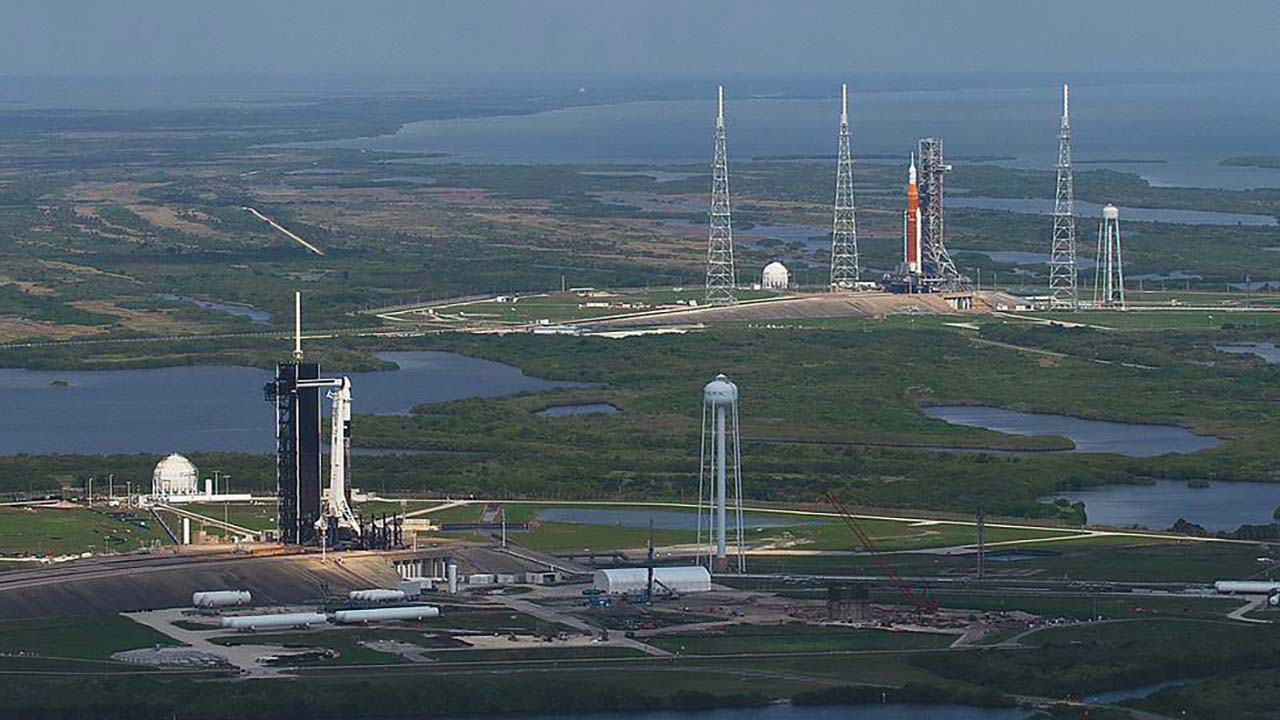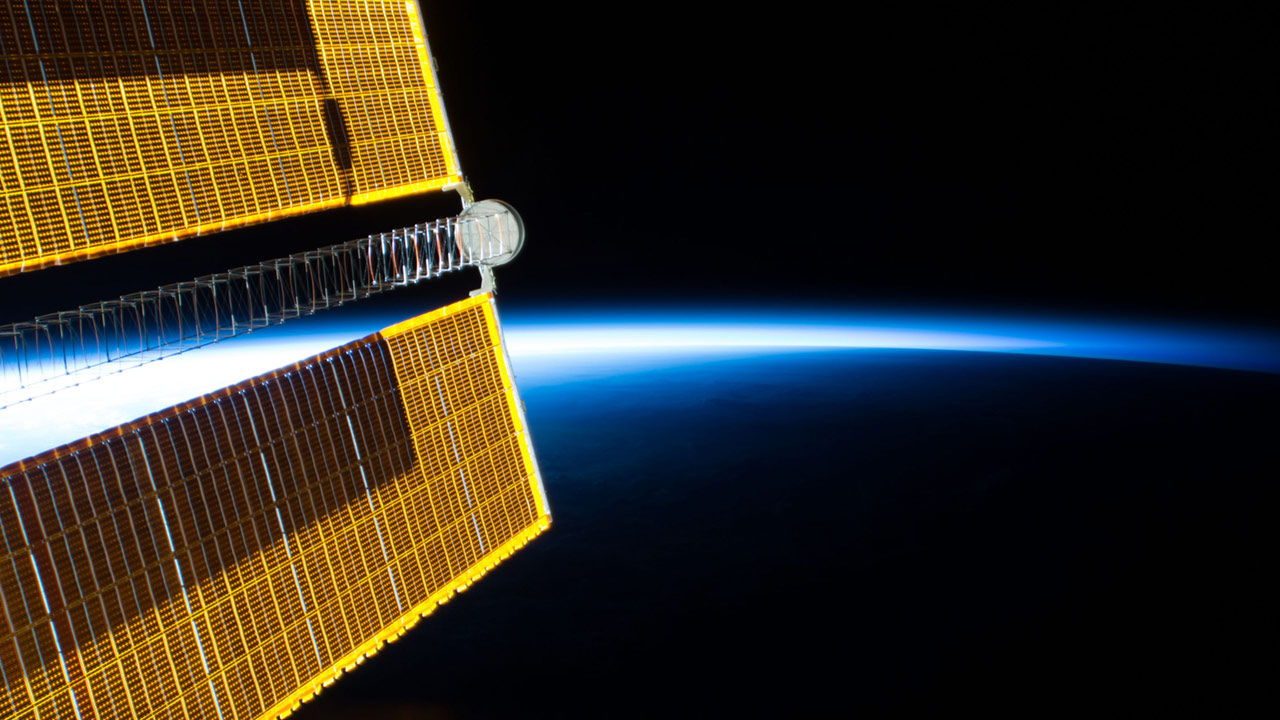Boston, MA – Massachusetts Governor Charlie Baker, The Center for the Advancement of Science in Space (the ISS National Lab) and the Massachusetts Life Sciences Center (MLSC) today announced grant awards for two Massachusetts-based life science companies, totaling $500,000 in grant funding as part of the Galactic Grant Competition. The winners were announced at the 2015 ISS R&D Conference, taking place this year in Boston. The Competition, announced last November, allowed Massachusetts life sciences companies to compete for up to $500,000 in grant funding to support experiments on the International Space Station’s (ISS) U.S. National Laboratory. The winning companies are Nanobiosym, Inc. and Zaiput Flow Technologies, both located in Cambridge. The grant funding will allow Zaiput and Nanobiosym to leverage up to $7.4 million per project of support from the ISS National Lab to fly their projects up to station, conduct their projects on station, and bring the experiments back to earth.
Participants in the announcement included Charlie Baker, Governor of the Commonwealth of Massachusetts; Mike Kennealy, Interim CEO of the Massachusetts Life Sciences Center; Mike Suffredini, Head of the International Space Station, NASA; Former NASA Astronaut and Executive Director of the ISS National Lab Gregory Johnson; and NASA Astronaut Suni Williams, who was born and raised in Needham, Massachusetts.
“Collaboration is one of our greatest strengths in Massachusetts, and through this first-ever collaboration between the ISS National Lab and the MLSC local companies have had the unique opportunity to compete for funds to support innovative life sciences experiments on the International Space Station,” said Governor Charlie Baker. “Congratulations to the winners of this competition, and I look forward to seeing the results of this important research.”
Nanobiosym will seek to validate custom Gene-RADAR® applications to detect the presence or absence of a target pathogen cultivated in zero gravity by analyzing a drop of blood, saliva or other body fluid. The project will attempt to computationally predict bacterial mutations, to evaluate model organisms in space, and to use the empirical results to validate and refine the company’s predictive algorithms. This proof-of-concept experiment will provide data that can be applied to future predictive models for antibiotic resistant pathogen mutations, which will be of significant value to antibiotic drug development. According to the Review on Antimicrobial Resistance, the global burden of infections resistant to existing antimicrobial medicines is now growing at an alarming pace. Drug-resistant infections are already responsible for more than half a million deaths globally each year. Early research commissioned by the Review suggests that if the world fails to act to control resistance, this toll will exceed 10 million each year by 2050 and have cost the world over 100 trillion USD in lost output.
“This opportunity will allow us to bring our cutting edge liquid-liquid separation technology a step further while advancing flow chemistry and the environmental, drug development and manufacturing benefits associated with it,” said Dr. Andrea Adamo, Co-founder and CEO of Zaiput Flow Technologies. “We are really excited for this opportunity.”
“Congratulations to the awardees of the first-ever Galactic Grant Competition,” said Interim CEO of the MLSC, Mike Kennealy. “We created this competition to offer Massachusetts life sciences companies the opportunity to conduct breakthrough and novel research in an environment you can’t find anywhere on earth. We are thrilled to see the results of this collaboration with the ISS National Lab and look forward to supporting these two research projects on the ISS.”
”Through our collaboration with the MLSC, the International Space Station is opening doors to companies in the Massachusetts region to improve life on Earth,” said the ISS National Lab Director of Business Development Cynthia Bouthot. “the ISS National Lab congratulates both Nanobiosm and Zaiput on today’s announcement, and we look forward to working with each company to ensure their projects reach humankind’s most innovative learning platform.”
Through the competition, MLSC and the ISS National Lab encouraged life sciences companies to take advantage of the distinct attributes of a truly unique microgravity research platform. The microgravity environment on the ISS has profound and unique effects on biological phenomena and can enable discoveries with terrestrial applications, including drug discovery, development, delivery, and diagnostics. To date, the ISS National Lab has sponsored a variety of life science investigations destined for the ISS National Lab within the areas of non-embryonic stem cells, protein crystal growth, bone density and muscle loss.
###
About the ISS National Lab: The Center for the Advancement of Science in Space (the ISS National Lab) was selected by NASA in July 2011 to maximize use of the International Space Station (ISS) U.S. National Laboratory through 2020. the ISS National Lab is dedicated to supporting and accelerating innovations and new discoveries that will enhance the health and wellbeing of people and our planet. For more information, visit www.issnationallab.org.
About the ISS National Laboratory: In 2005, Congress designated the U.S. portion of the International Space Station as the nation’s newest national laboratory to maximize its use for improving life on Earth, promoting collaboration among diverse users, and advancing STEM education. This unique laboratory environment is available for use by other U.S. government agencies and by academic and private institutions, providing access to the permanent microgravity setting, vantage point in low Earth orbit, and varied environments of space.
About the Massachusetts Life Sciences Center: The Massachusetts Life Sciences Center (MLSC) is an investment agency that supports life sciences innovation, research, development, and commercialization. The MLSC is charged with implementing a 10-year, $1-billion, state-funded investment initiative. These investments create jobs and support advances that improve health and wellbeing. The MLSC offers the nation’s most comprehensive set of incentives and collaborative programs targeted to the life sciences ecosystem. These programs propel the growth that has made Massachusetts the global leader in life sciences. The MLSC creates new models for collaboration and partners with organizations, both public and private, around the world to promote innovation in the life sciences. For more information, go to www.masslifesciences.com.
###





